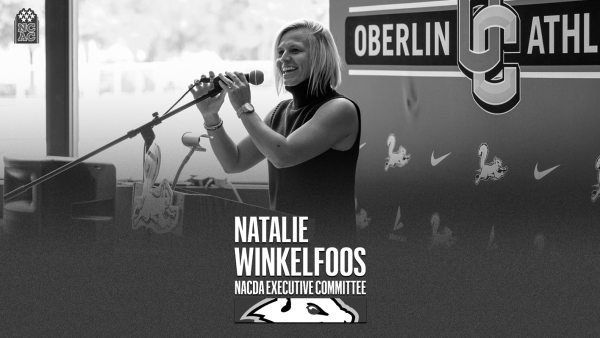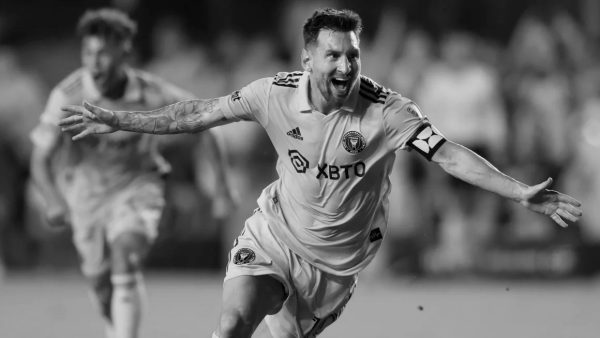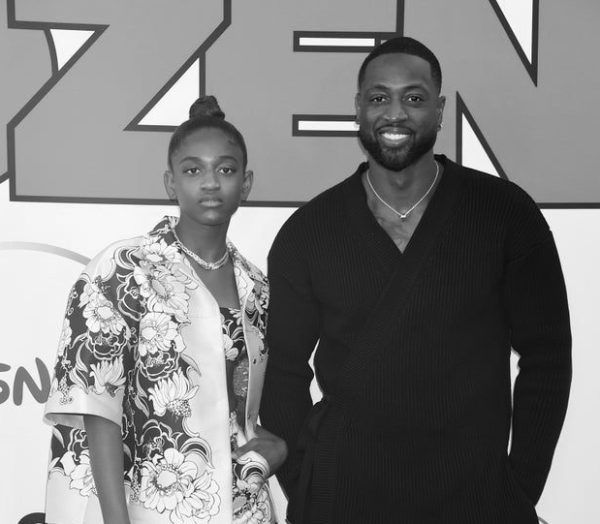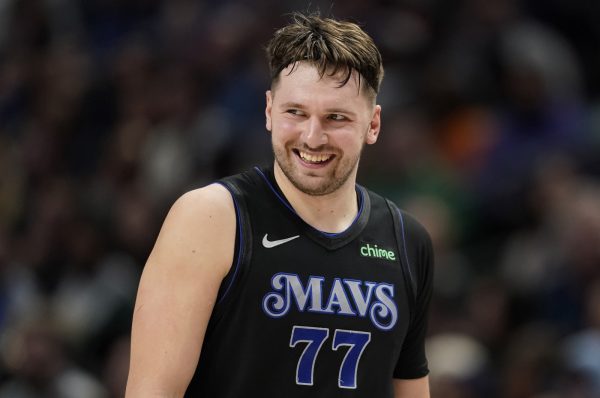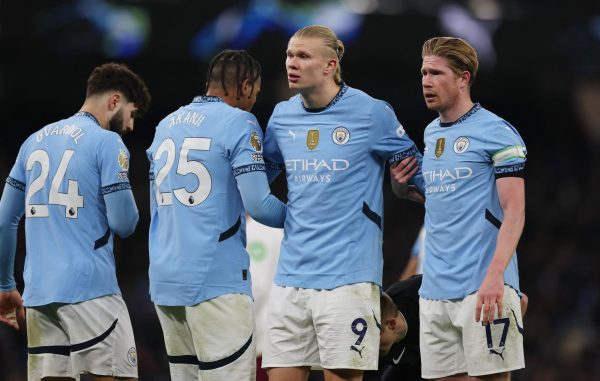Athlete PRSM Trainers Open Conversations
Following the emergence of the #MeToo movement in 2017, many prominent athletes, such as Olympic gold-medalists Simone Biles and Aly Raisman, came forward as survivors of sexual misconduct. Others stepped down or retreated from the public eye in light of accusations brought against them. For many, this shift was a long time coming, as accusations of sexual misconduct in athletics had occurred for years without the accused experiencing any lasting repercussions.
On Oberlin’s campus, students are educated about sexual misconduct, consent, and healthy sex practices throughout their college career by Preventing and Responding to Sexual Misconduct, a student organization housed within the Office of Equity, Diversity, and Inclusion.
Currently, 14 students are employed as PRSM trainers. Of those 14, six are current varsity athletes. Why are Oberlin athletes actively facilitating conversations surrounding consent and sexual misconduct when this is a topic the athletic community as a whole has appeared to struggle with?
College third-year Bethany Gen, a PRSM trainer and member of the women’s soccer team, sees athletics as a natural gateway to PRSM.
“There is a large athlete presence on the PRSM team,” said Gen. “[I think] that this is because of the way PRSM works. We are a team that works together to facilitate and organize mandatory workshops as well as programming. Being a team player and a contributor to a positive team dynamic is essential to the success of PRSM.”
College second-year Louise Metz, a PRSM trainer who plays on the women’s soccer team, highlighted how athletes are often excused for actions that PRSM seeks to combat.
“Many of us regularly encounter language and behavior that aren’t usually acceptable, but are given a free pass because it’s expected for ‘jocks’ to behave like that based on media and past experiences,” said Metz. “Therefore, we have a lot of experiences with different issues that PRSM often addresses, and we have a desire to reduce harm, not only in athletic spaces, but on this campus as a whole.”
However, Metz added that some athletes also face negative preconceived notions by the non-athlete student body that can be harmful.
“I think athletes are often seen as outside of the normal Obie culture because there’s a misconception that they’re here due to their athletic abilities rather than because of any other substantial qualities they may have,” she said. “In other words, athletes are assumed to be here just to play a sport rather than because they appreciate the environment of the school.”
This division between non-athletes and, specifically, male athletes on Oberlin’s campus is noticeable. Even in a group like PRSM, which attempts to bridge the gap between athletes and non-athletes, male athletes are noticeably absent. Of the six current PRSM trainers who play a varsity sport, none identify as male.
“My speculation is that talking about consent, communication, and vulnerability — inside and outside of a sexual context — is not something that people who are socialized as male are supported or encouraged to do,” said College fourth-year and PRSM trainer Joy Castro-Wehr. “Vulnerability in public is something that being a PRSM trainer forces you to practice on a regular basis.”
Being a PRSM trainer requires knowledge of topics surrounding gender, sexuality, bystander intervention, and sexual misconduct. Perhaps more importantly, though, trainers are tasked with being comfortable leading discussions of these topics in front of their peers and pushing back when problematic statements or behavior arise. Metz thinks that the latter aspect of the job is one that many male athletes are still developing.
“Athlete culture can be extremely toxic,” Metz said. “The pressure to fit in and act like the rest of the team is immense. Society also conditions men and non-men to think about sex [differently]. Men aren’t expected to hold themselves and each other accountable for their behavior, while non-men are taught that they have to protect themselves and watch out for each other, which is why they’re more willing to facilitate conversations around these kinds of issues.”
Gen agrees, believing that all men, not just athletes, struggle in conversations surrounding the topic of consent because of the way society has socialized them to think about sex.
“This trend is not isolated to just athlete PRSM trainers,” said Gen. “There are very few PRSM trainers who identify as men. I think that usually non-men dominate this field of consent education and sexual misconduct prevention because they are the people directly oppressed by the rape culture we teach about. On the other hand, as a man, it can be difficult to acknowledge how you directly benefit from rape culture and then spend time working to change that.”



